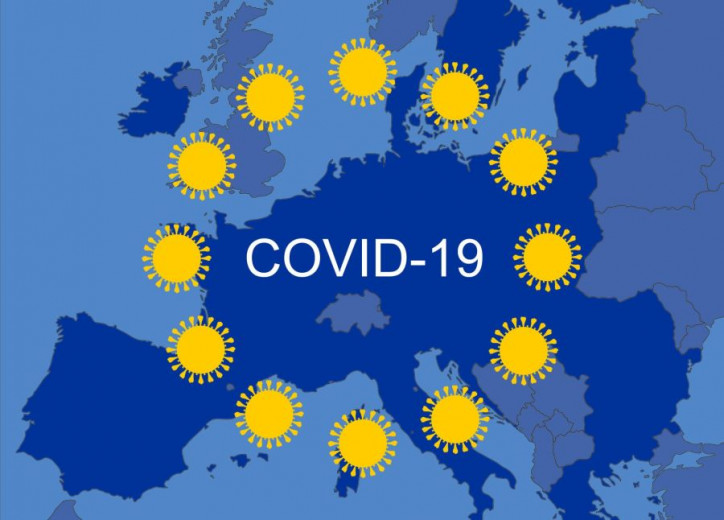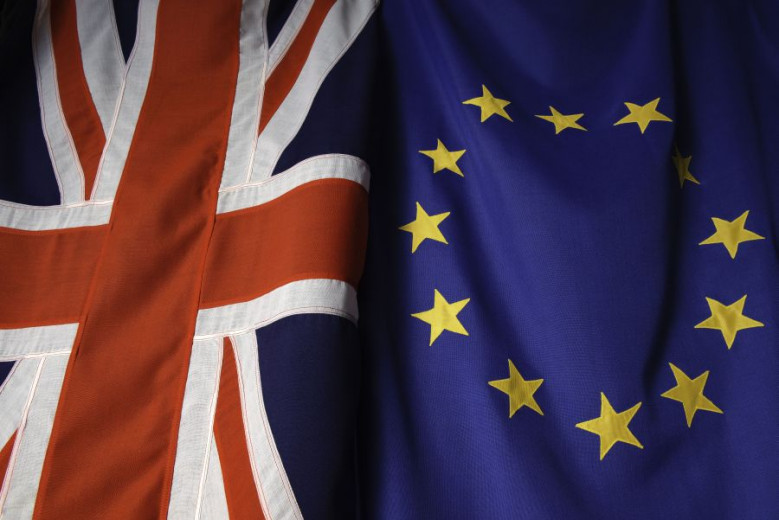Date: 28. August 2020
Time to read: 2 min
The COVID-19 pandemic has forced the global world into a shift towards enhanced cooperation among neighbours and regions. Multilateral organisations remain on the margins. Multilateralism is ceding place to geopolitics. The reshaping of and adaptation to the new reality is not only a new trend, but a necessity for our survival. The European Union is facing new challenges related to its internal structural efficiency, fundamental values, and external actions in a world of major global players. It is also facing a security threat from those who are against its unity and power. The EU is the centre of attention of important actors and their geopolitics. Despite all the criticism regarding the functioning of the EU and its Member States, it is important to note that the EU has managed to withstand the Covid-19 shock. So, how to proceed further?
Three main challenges
In the upcoming period of a looming global economic recession due to the pandemic, the following three challenges should be tackled appropriately in order to maintain the EU’s internal cohesion and build up its role in the international sphere:
Management of the ongoing pandemic and its consequences by strengthening EU policies:
The virus is not going away. We are not living in a post-COVID world. We are still in the midst of the pandemic and we will continue to live in this world until a successful medicine or vaccine is developed. For that reason, we need to enhance the resilience of societies and countries. It is imperative to develop Europe’s health sovereignty and self-sufficiency in the production of protective equipment. A health crisis can rapidly lead to economic and social turmoil. The recovery fund, albeit temporary, sends an important political message of unity at a time of crisis. The fund can only be successful if its resources are used for the productive transformation and global competitiveness of countries and societies, in line with national priorities regarding Europe’s common good. Solidarity and responsibility. Digital, green, resilient. It is also of utmost importance to properly regulate migration and asylum policies for the future of the EU. The same goes for the shared European values, which need to be clarified, particularly the rule of law, in order to ensure the proper functioning of the single market and role of the EU in the geopolitical world. By strengthening EU policies, the EU, as well as every single Member State, becomes stronger in facing global challenges.
Brexit
The corona crisis has overshadowed the negotiations on future relations and partnership between the EU and the UK at the end of the transition period. There will be no positive Brexit outcome, neither for the UK nor for the EU. In the meantime, the UK has become less ambitious as regards its close ties with the EU, and the negotiations have practically stalled.
It is therefore imperative to make every effort to reach an agreement, naturally taking into account the EU’s red lines.
Otherwise, citizens and companies must be prepared for the systemic shock that will occur if the UK is no longer part of the EU’s customs union and single market. Along with the corona recession, the situation may become extremely challenging.
A new geopolitical global cold war
The pandemic and the development of digital technology have further intensified global competition among the major actors, particularly between the two most powerful countries – the US and China, and have reshaped the global distribution of power.
The EU remains virtually the only great power advocating multilateralism and international law, while it is highly dependent on the US and NATO in terms of security and defence.
The West, until now divided, will need to seek a more unified stance towards China’s global rise and particularly its penetration into Europe, Africa, and the Mediterranean. The EU should narrow the gap with the American technology giants and protect itself from Chinese intrusions. It should be firm on investment reciprocity with China, and protect critical infrastructure and technologies.
Most of all, the EU should actively pursue its enlargement policy in the Western Balkans and not surrender the region to its strategic rivals.
Although the EU has labelled China a systemic rival, it has no wish to participate in this new bloc cold war. However, as a part of the Western world, the EU will have to build its own digital sovereignty and rapidly unify its Member States to ensure a common policy on global threats and particularly China’s activities, as China likes to take advantage of internal EU divisions. Having launched an analysis within the Strategic Compass initiative, the EU should no longer be so naive. China definitely poses a strategic challenge. Part of this policy includes the reinvigoration of allied transatlantic relations. Paradoxically, we need to revitalise and strengthen our transatlantic ties in order to find suitable forms of business cooperation with global China.
The Conference on the Future of Europe, which should be launched in the autumn, will need to address the post-COVID vision for the EU, also based on the three challenges outlined.
All these issues were widely discussed at the 15th Bled Strategic Forum under this year’s title: Challenges and Opportunities in the Post-COVID–19 World; Neighbours – Regions – Global World: Partners or Rivals?.








